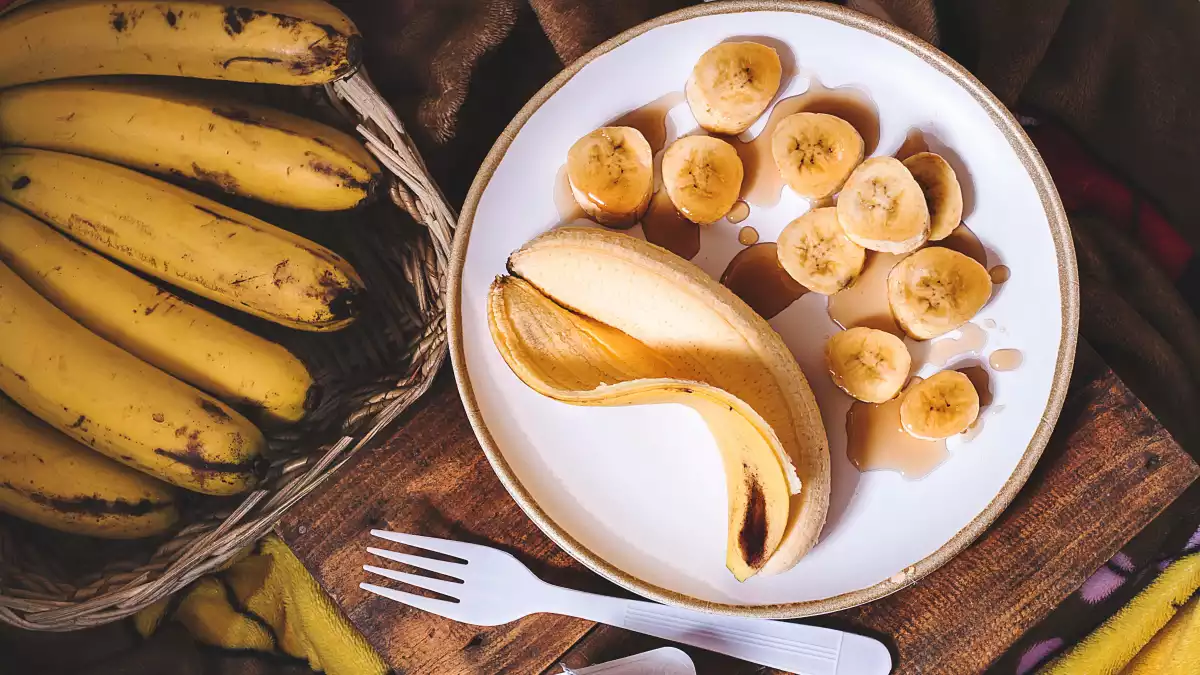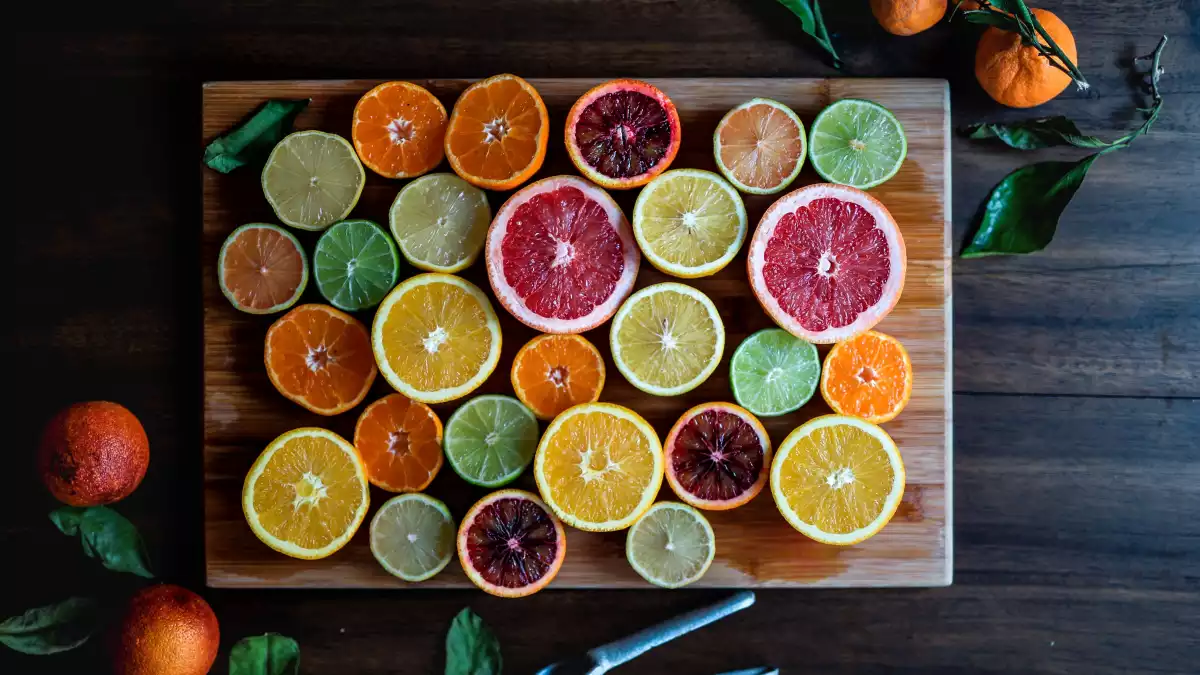
Potassium (chemical element K) is a mineral which can be found in foods such as avocado, bananas, and leafy greens. Among the many benefits of eating foods high in potassium, we have treating alcoholism, allergies, hypertension, and even acne.
Although there are potassium supplements available on the market for those who have a deficiency of this mineral, these can have side effects and also, they need to be consumed in higher doses if we want to achieve the same levels of K as we would if we consumed fresh fruit and vegetables.
We will have a closer look at the definition of potassium, its properties, and benefits, as well as what potassium deficiency (hypokalemia) entails. Finally, we will list some of the best foods high in potassium that can help counteract any mineral insufficiency that we might have.
What is potassium
Potassium is an essential mineral that contributes to the overall functioning of our bodies, and it is the predominant mineral present in our organisms - 70% of the positive ions in our cells are potassium. The rest is made up of sodium, magnesium, calcium, and arginine, among a few others.
This essential electrolyte is responsible for multiple jobs in our bodies, and it is involved in various functions. Potassium is distributed to the cells via a process of passive diffusion which is regulated by an enzyme called Na⁺/K⁺-ATPase that works together with the level of sodium within the cell.
One of the primary roles of potassium is in nerve transmission, given that it's a catalyst that activates enzymatic systems within the body.
Potassium and sodium are antagonistic minerals, which means that a variation in one of them will cause an automatic imbalance in the other.
Potassium is a vital mineral that ensures healthy cell breathing, heart regulation, muscle contraction, nutrient transmission, renal efficiency, and secretion of the gastric juice among others.
The medical consensus is that potassium has the following therapeutic role:
Helps manage alcoholism
Acne treatment
Allergy control
Helps heal burns
Prevents high blood pressure
Potassium can also help with medical issues related to congestive heart failure, chronic fatigue syndrome, and kidney stones. This is why, anyone suffering from these ailments or at risk of developing them, should consult their doctor and decide on a potassium rich diet.

Hypokalemia
A lack of potassium in the blood, or hypokalemia as doctors refer to it, can manifest in different visible ways. Among them, the most serious ones are arthritis, high blood pressure, strokes, cancer, and even infertility, seeing how potassium is a vital element in the seminal fluid.
Potassium deficiency causes an increase in acid levels, reducing the natural Ph of the body and creating long-term adverse effects. Low levels of K can worsen pre-existing protein deficiencies and cause problems with the connective tissue which would expose a person to various health problems.
An example of this would be collagen -this protein found in healthy individuals is approximately just as strong as steel, and the resistance of bone tissue is comparable to that of cast iron. A lack of collagen caused by low potassium levels can lead to fractures, skin lesions that don't scar as quickly and other issues of the connective tissue.
Equally, if potassium levels are depleted, the liver cannot function optimally especially in terms of transforming glucose into glycogen. A healthy liver should have twice the levels of potassium when compared to the sodium.
Finally, foods rich in potassium help replenish this mineral which helps our liver process food properly; without it, our bodies are exposed to rheumatism.
Foods high in potassium
Without a doubt, the best foods high in potassium are the fresh ones. Supplements, on the other hand, can have unwanted side effects.
The types of food rich in potassium are usually the same ones that have a low starch level. Green algae and green coconut milk are incredible sources of potassium.
It's essential to have a diversified diet in terms of foods rich in potassium and avoid the possibility of toxicity, which can occur with certain vegetables when consumed in large quantities (oxalic acid in rhubarb). Furthermore, be aware of freezing the foods as it lowers their potassium content.
There is an excellent variety of foods high in potassium, especially vegetables. Below we have listed a few of the most common foods associated with this mineral:
Swiss chard
Citrus fruits
Lentils
Leafy greens
Milk
Nuts
Almonds
Cashew
Peaches
Raising
Sardines

Potassium supplement
Potassium supplements tend to come in capsule or liquid form. Potassium gluconate is the most common supplement available (it is the potassium salt of the conjugate base of gluconic acid.) In the care of a deficiency, the recommendation would be to take smaller doses of potassium instead of one large dose.
Sports and energy drinks are also a source of electrolytes, and as such they contain potassium. Remember to store all your supplements in dry and cool places, away from direct sunlight as this could reduce their effectiveness.
Check out the original article: Potasio: propiedades, alimentos y enfermedades relacionadas at viviendolasalud.com
References:
Skinner, P. (2005). Potassium. In J. L. Longe (Ed.), The Gale Encyclopedia of Alternative Medicine (2nd ed., Vol. 3, pp. 1619-1622). Detroit: Gale.
